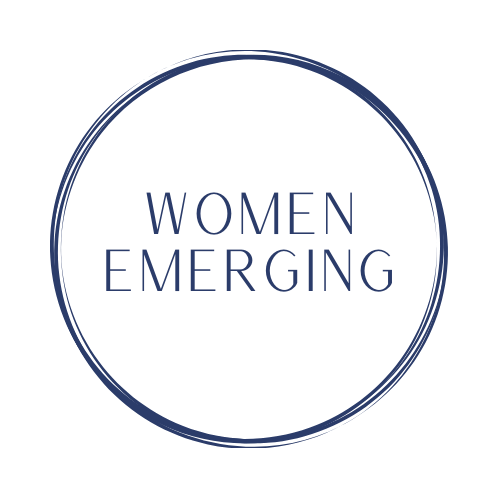Summary
In this episode of Leadership Insights I Wish I Had Known at the Start, Julia talks with Falak Madhani, a health systems leader in Pakistan dedicated to primary care, mental health, and suicide prevention in low-resource settings. Falak shares two key lessons: first, that delegating and stepping back too early as a leader can unintentionally leave teams unsupported; second, that leading with a strong sense of social justice carries an emotional cost, requiring leaders to balance moral conviction with strategic patience. Tune in to hear her reflections on navigating systemic inequality, staying resilient, and choosing your battles wisely.
In this episode of the Leadership Insights I Wish I Had Known at the Start series, Julia speaks with Falak Madhani, a health systems leader working in Pakistan, where she leads research and programmes focused on primary care, mental health, and suicide prevention in low-resource settings.
Falak shares two hard-earned insights she wishes she’d known earlier. The first: stepping back as a leader too soon, even with the best intentions, can leave your team without the support and skill set only you can offer.
Her second insight explores the complexity of leading with a deep sense of social justice. Falak speaks about the emotional cost of navigating injustice, whether it’s systemic inequality, condescension in global health settings, or being overlooked despite expertise. She explains how leaders must balance their moral clarity with strategic patience choosing which fights to pick, and when.
Listen to this episode to explore what it means to lead when you’re tired, tested, and deeply committed to change.
About the Guest
Falak Madhani
Falak Madhani is a health systems leader who works on the development and evaluation of healthcare approaches geared towards equity and social justice. Falak is passionate about enabling – through working closely with communities, patients, and healthcare providers – the creation of home-grown solutions that can make holistic primary care equitably available in low-resource settings.
Falak’s research portfolio is focused on primary care, mental healthcare and suicide prevention in Northern Pakistan. She holds an MSc Public Health in Developing Countries (now called the Public Health for Development program) from the London School of Hygiene and Tropical Medicine and a liberal arts degree from Bennington College, in Vermont, USA. Falak is also trained in humanistic integrative therapy.
As a part of the AKU Brain and Mind Institute, Falak leads the establishment of a Living Labs framework in Northern Pakistan for brain and mind research and programme development. She is concurrently Head of Research at Aga Khan Health Service, Pakistan.
About the Host
Julia Middleton
Julia Middleton is the host of the Women Emerging podcast and a best-selling author of “If that’s leading, I’m in” as well as two previous books: “Leading beyond Authority” and “Cultural Intelligence”. She is deeply committed to helping people from all backgrounds to find their own approach to leading.
In 2020, Julia launched Women Emerging and in 2022 she lead an expedition of 24 women to find ‘an approach to leading that resonates with women’. She now leads expeditions with women all over the world based on 4Es methodology, discovered in the first expedition.
Prior to that, Julia was founder and, for over thirty years, Chief Executive of Common Purpose, which grew to become one of the biggest leadership development organisations in the world.
Julia is also an Ambassador for the Aurora Prize based in Armenia, on the boards of Alfanar Venture Philanthropy in the Arab World and Equality Now, which operates globally, and on the Advisory Councils of Fundacao Dom Cabral in Brazil and Synapse in Pakistan.
Born in London and brought up in New York, Julia was educated at French Lycées and graduated from the London School of Economics. She is married, with five children and lots of grandchildren.



